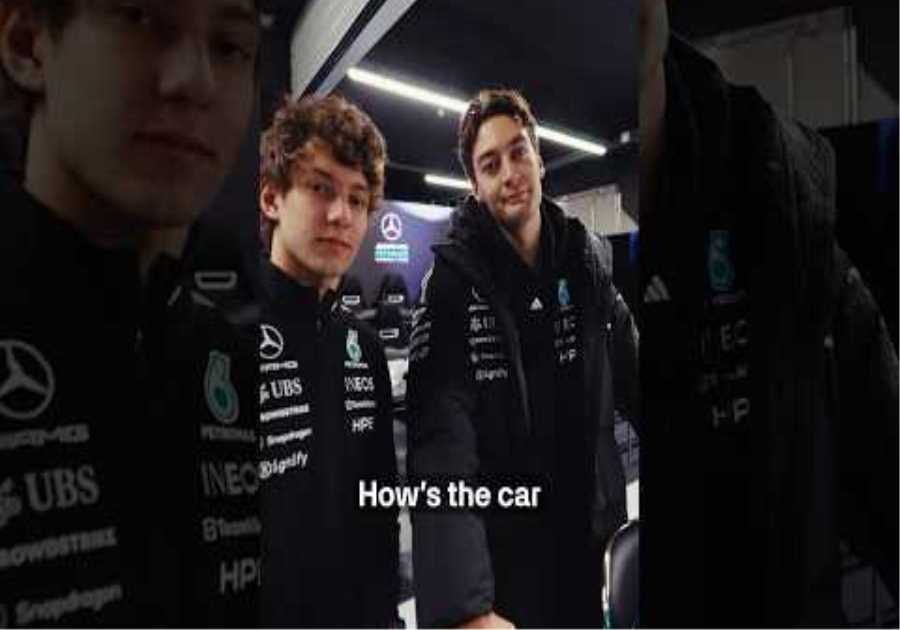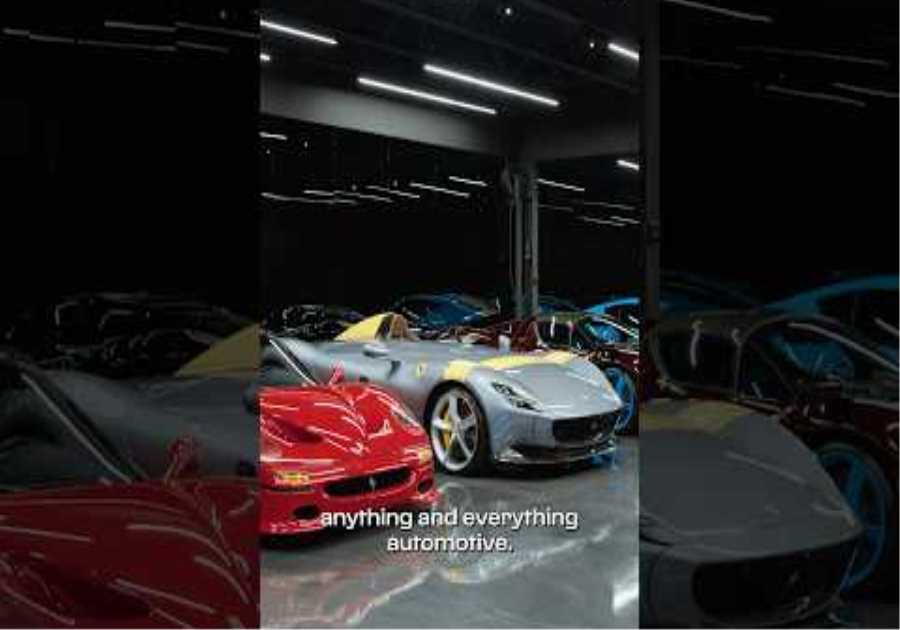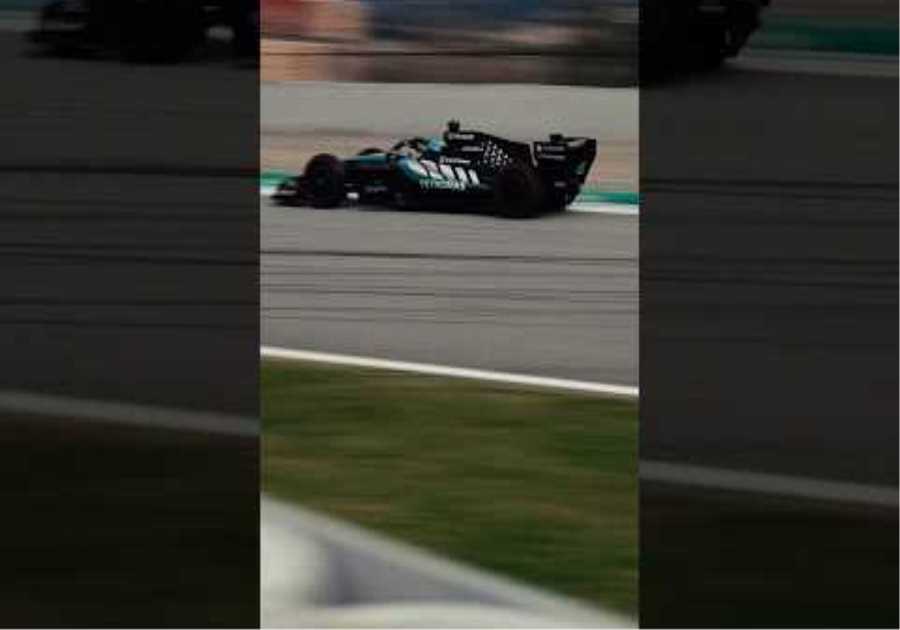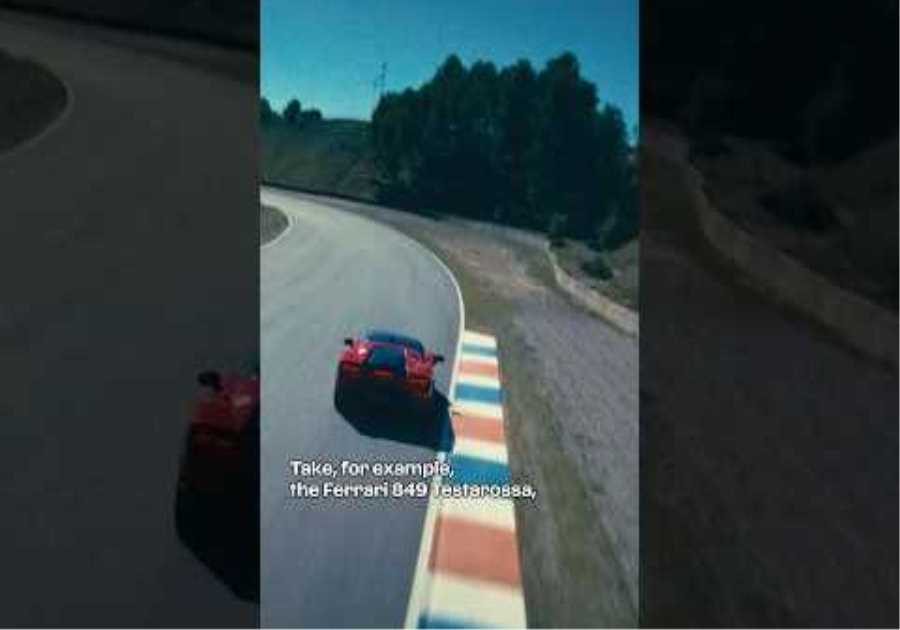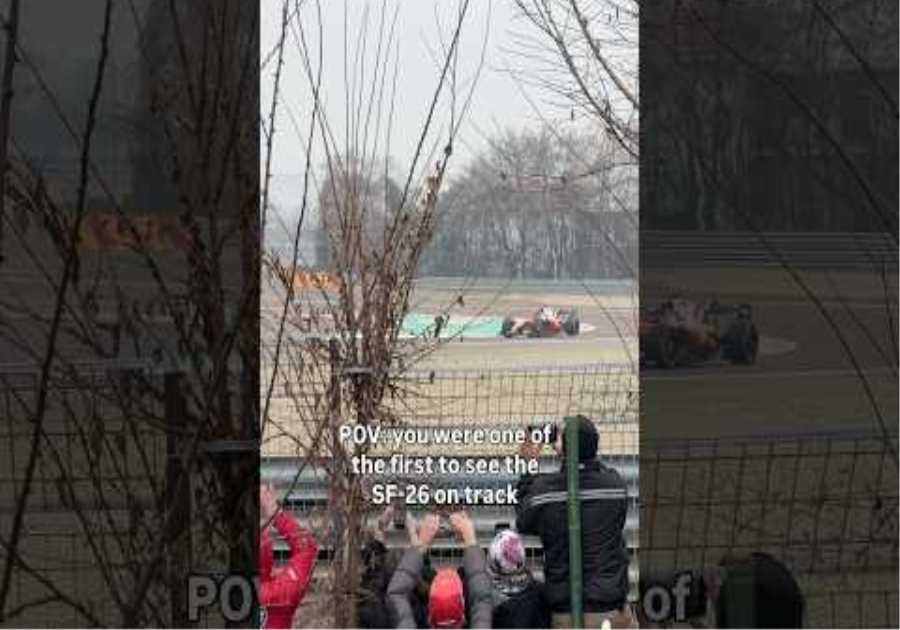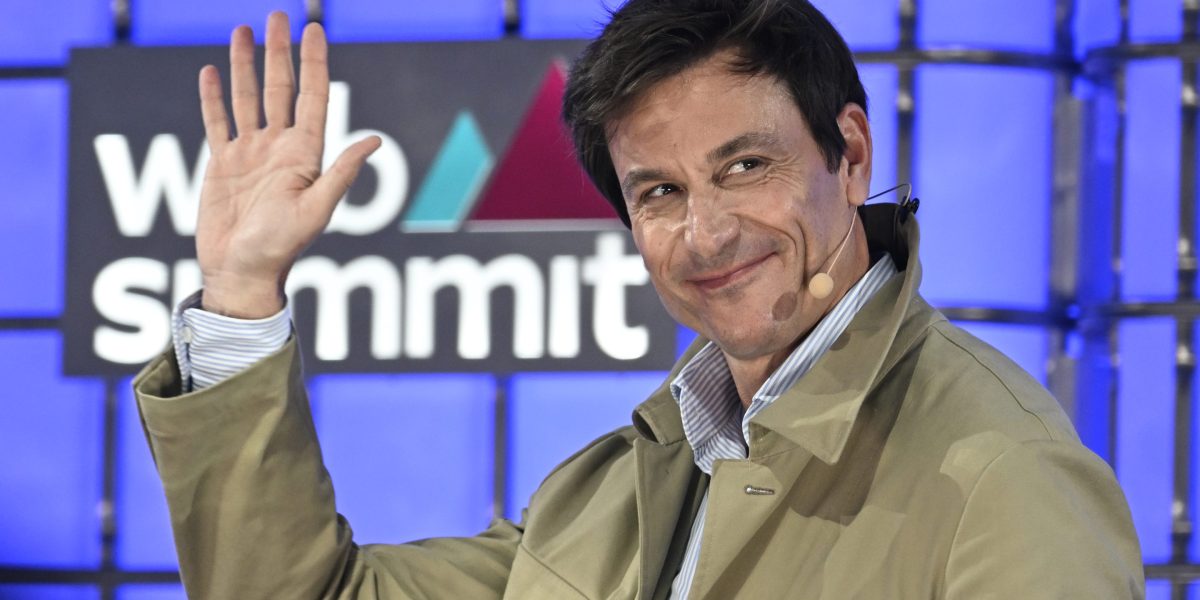
Austrian billionaire Toto Wolff is hoping cutting-edge technology and more remote working can propel his racing team, Mercedes AMG Petronas, back to the top of Formula 1.
With pandemic restrictions easing, bosses around the world have tried to chip away at remote schedules that flourished during the pandemic, demanding that people come back into the office.
F1 seems like an unlikely champion of remote-work habits, considering the manual labor that needs to be done on-site during race days. But the prospect of keeping more engineers at home while Mercedes cars race, potentially thousands of miles away, is something that Wolff sees as an advantage. And having lost the F1 constructors’ championship to rivals Red Bull for the first time in eight years this season, Wolff is desperate to use any advantage to reclaim glory.
The team CEO, who is one of the stars of Netflix’s smash-hit documentary series Drive to Survive, is already using Team Viewer technology to bring real-time analytics and augmented reality to his engineering team back at his Oxford, UK, base during race days. He envisages tech allowing even further tweaks to normal F1 working practices in the future.
F1 permits each team to bring a maximum of 90 pit crew to race days, meaning around 2,000 engineers and mechanics are left at home.
“We’re limited in the number of mechanics we can take to the races, that’s the rule,” Wolff told a jam-packed crowd at Lisbon’s Web Summit on Thursday.
“The more you can do remotely the less you need to ship, and the more qualified your resources are back at base, the better your surgery and operations are on the field,” he added. “If I can use 10 of my best engineers back in Oxford rather than just one guy I can take on the field, this becomes about performance and beating our competitors.”
Remote working also plays into Mercedes’ continued efforts towards environmental sustainability. Wolff wants to go above and beyond even the limited in-person requirements for races that apply to everyone in F1.
“Travelling goods, cargo, and humans around is something that we want to continue to limit,” he said.
Wolff claims his team has already reduced emissions by 90% by using sustainable aviation fuel for flights and powering ground transport trucks with 100% biofuel.
“When you hear about F1, cars racing around in circles, and five 777s [airplanes] transporting goods, it’s counterintuitive to sustainability,” he said.
“It is our responsibility with our global platform with 1.5 billion viewers, we can demonstrate that if we can do it, everybody else can do it.”
Sign up for the Fortune Features email list so you don’t miss our biggest features, exclusive interviews, and investigations.

